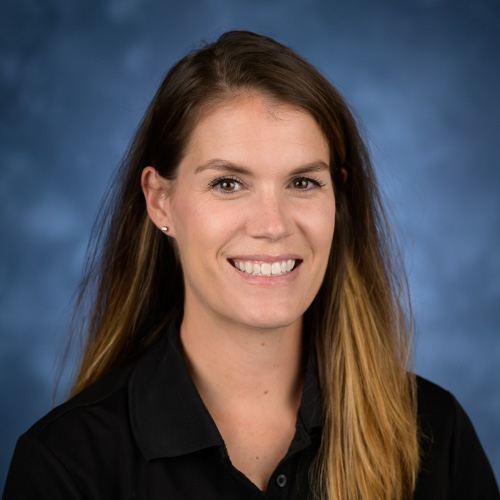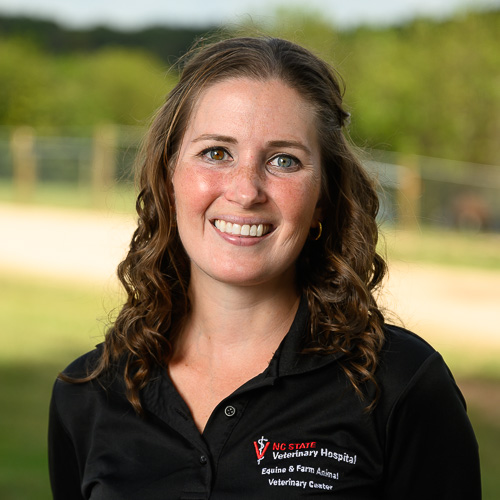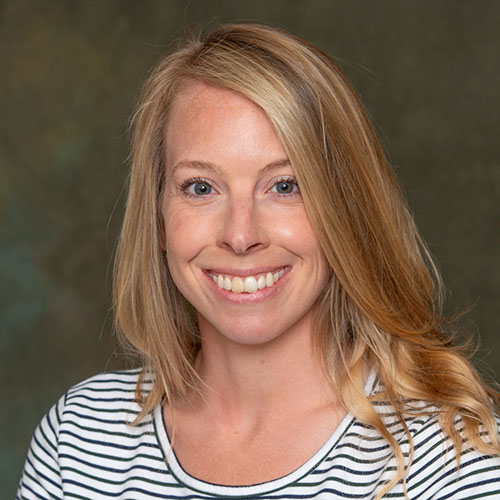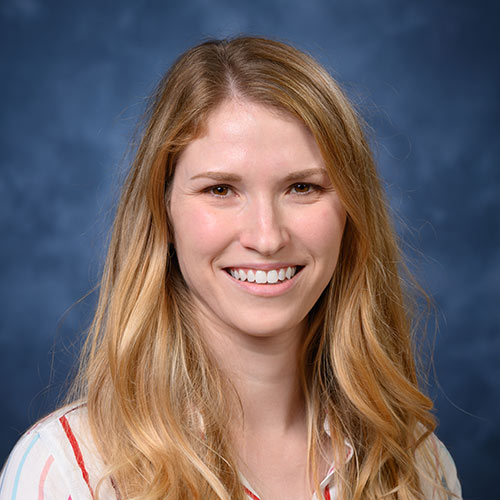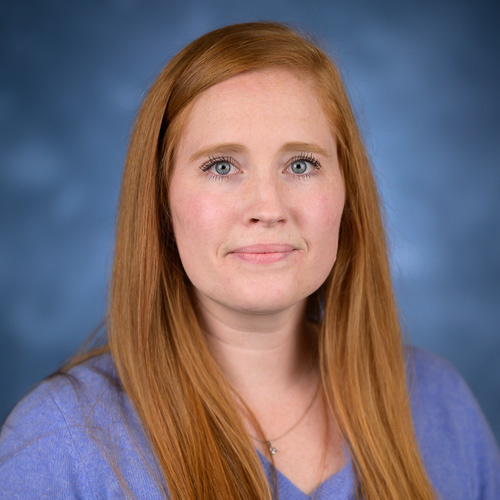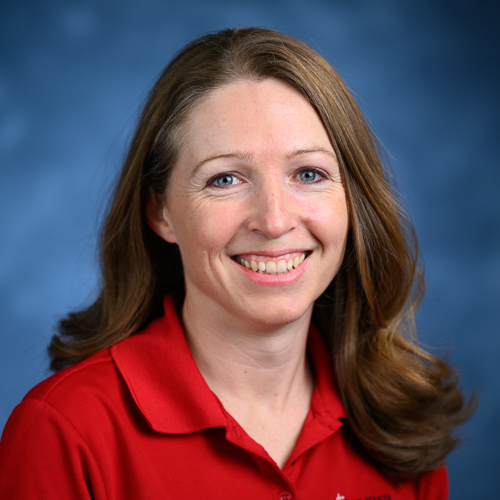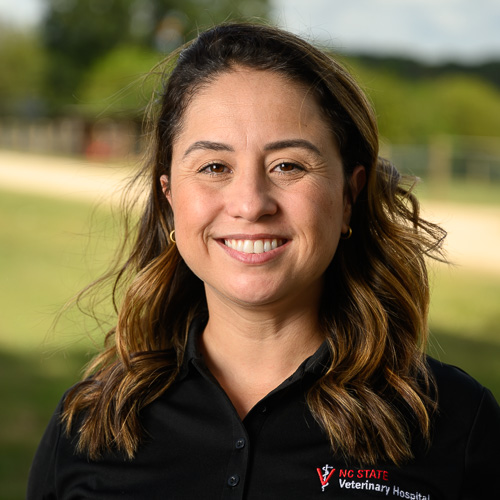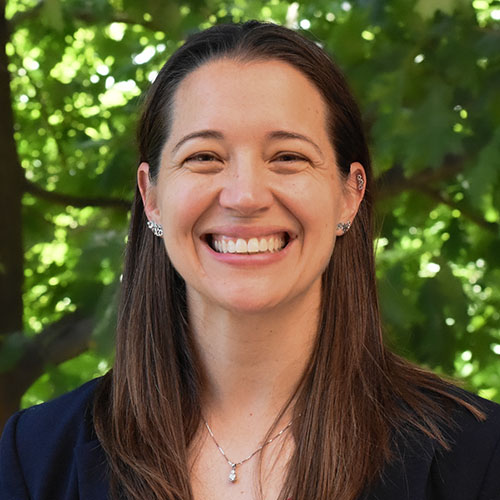Equine
Species Priority Area
Overview
The Equine Species Priority concentrates on preparing students for career readiness in equine general practice, including medicine, surgery, sports medicine and theriogenology. This species priority area is well-suited for students seeking careers in equine primary care practice, specialty medicine and surgery, imaging-focus specialties, academia, research, industry, alternative medicine and military.
Year 1-3 Requirements
Required Courses
VMC 906: Equine Field Skills (Elective)
Recommended Courses
Third Year Core Electives:
- VMC 900: Advanced Equine Medicine
- VMC 903: Advanced Equine Surgery and Lameness
- VMC 904: Advanced Equine Theriogenology
Selectives:
- VMC 991: Equine Colic
- VMC 991: Introduction to Equine Preventive, Primary & Emergency Care
- VMC 991: Veterinary Medicine and Farriery
- VMC 992: Active Learning in the VH (Equine Medicine)
- VMC 992: Active Learning in the VH (Equine Emergency)
- VMC 992: Active Learning in the VH (Equine Soft Tissue Surgery)
- VMC 992: Active Learning in the VH (Equine Orthopedic Surgery)
- VMB 992: Active Learning in the VH (Equine Anesthesia)
- VMC 992: Large Animal Practice – Equine Exposure
Year 4 Requirements
- Core Rotations
- Six four-week core rotations
- Diagnostic Concentration
- Anesthesia
- Internal Medicine
- Primary Care
- Surgery
- Urgent/Emergency Care
- Two two-week core rotations:
- Population Medicine/Shelter Medicine/Epidemiology
- Non species priority medicine/primary care/surgery
- Six four-week core rotations
- Elective Rotations
- Nine two-week elective rotations determined by species priority leaders






